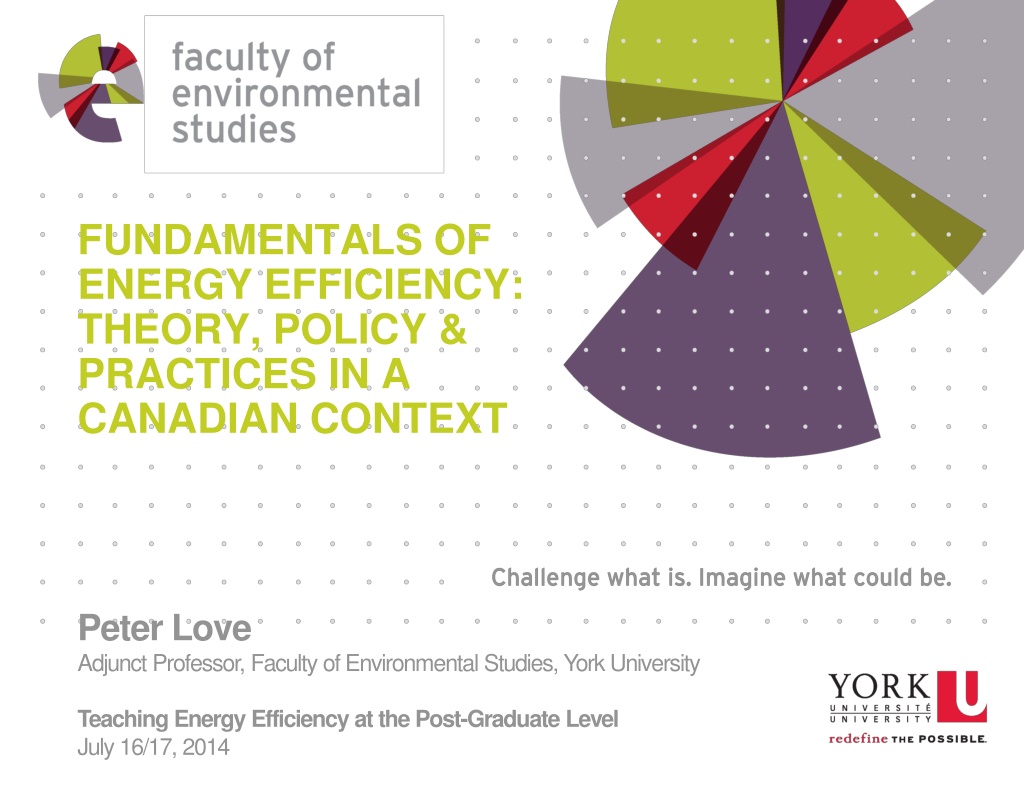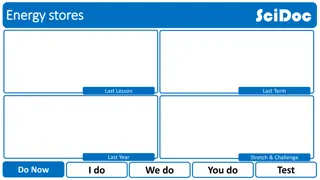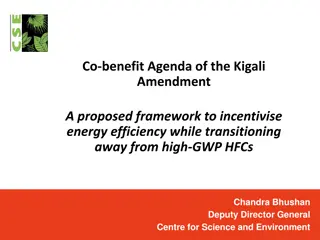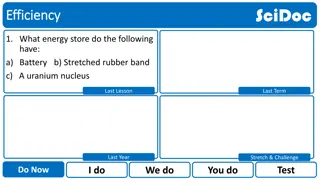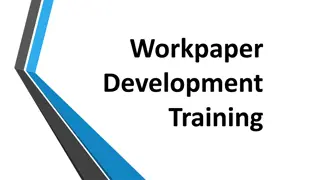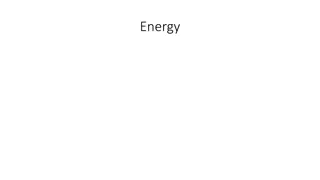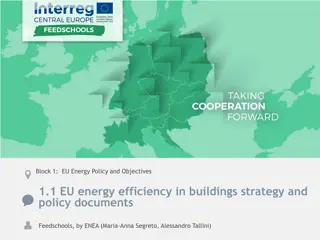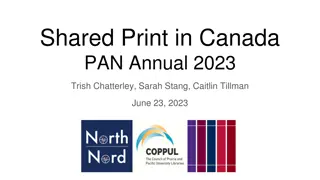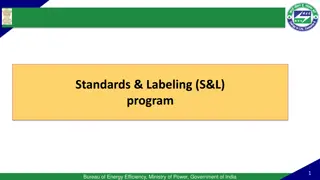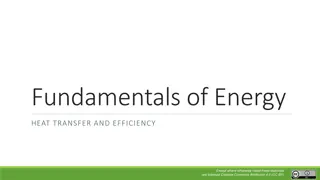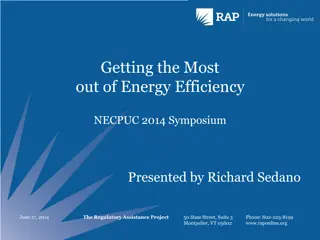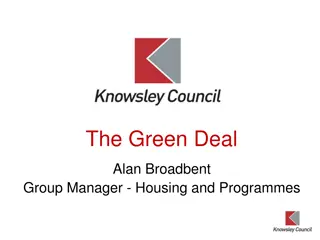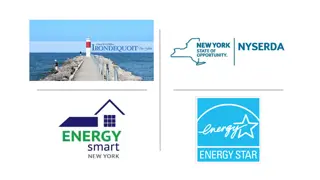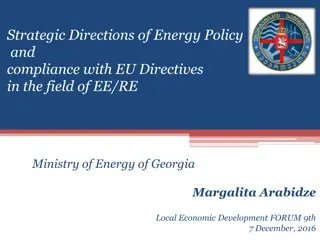Fundamentals of Energy Efficiency in Canadian Context
This program covers theory, policy, and practices related to energy efficiency, focusing on various aspects such as policy modules, group projects, guest speakers, and modules on energy services and economics. Students engage in practical assessments, case studies, and a term paper, gaining insights into energy efficiency strategies and programs.
Download Presentation

Please find below an Image/Link to download the presentation.
The content on the website is provided AS IS for your information and personal use only. It may not be sold, licensed, or shared on other websites without obtaining consent from the author.If you encounter any issues during the download, it is possible that the publisher has removed the file from their server.
You are allowed to download the files provided on this website for personal or commercial use, subject to the condition that they are used lawfully. All files are the property of their respective owners.
The content on the website is provided AS IS for your information and personal use only. It may not be sold, licensed, or shared on other websites without obtaining consent from the author.
E N D
Presentation Transcript
FUNDAMENTALS OF ENERGY EFFICIENCY: THEORY, POLICY & PRACTICES IN A CANADIAN CONTEXT Peter Love Adjunct Professor, Faculty of Environmental Studies, York University Teaching Energy Efficiency at the Post-Graduate Level July 16/17, 2014
OVERVIEW OF APPROACH Most classes have guest speaker Modules focus on policy aspects Two group project Briefing Note and York building assessment Term Paper 40% 25-35 4thyear & MES students
GUEST SPEAKERS Typically reps from utilities, government, ENGO s & companies (Judith, Raegan, Paul, Alan by Skype) Includes both senior reps as well as recent employees All are potential employers Senior reps asked to comment on what they look for when hiring Younger reps asked to comment on strategies on getting job
MODULES Background on Energy, Power & Energy Services RETScreenAssessment Tool (for group project) Demand Response Drivers, Barriers & Policy Tools Economics of Energy Efficiency Transportation Energy Efficiency in Electricity System Planning Evaluating Energy Efficiency Programs Case Studies (Vermont, BC, California & Ontario)
GROUP PROJECTS RETSCreenAssessment of York Building Must include 1 behavioural, 1 EE & 1 DR measure Results in a report (10%) with presentation (10%) Briefing Note Students given recent Ontario government template One of the guest speakers former/current political staff Summarized in report and presentation (10%)
TERM PAPER Submit outline for approval after 2 weeks STRONGLY encourage someone else to proofread Encouraged to focus on issue/country of interest to them 40% final mark
IN-CLASS QUIZ Define 5 terms (out of 8-9) Short answer to 3 questions (out of 5-6) Energy, Power & Cost Savings from EE Measure Mandatory Cost savings require use of TOU rates 20%
READINGS 20-30 pages/week No text use Alan Meier s class notes, recent reports, websites Submit 10 weekly summaries (10%)
CONTACT INFO Peter Love Adjunct Professor Faculty of Environmental Studies York University plove@yorku.ca
